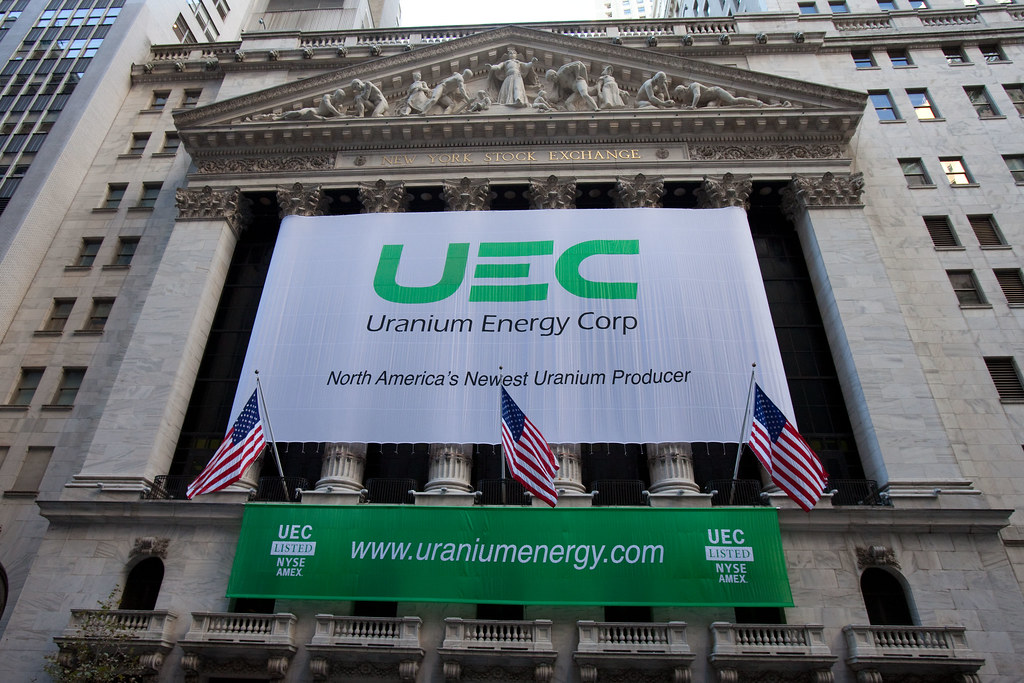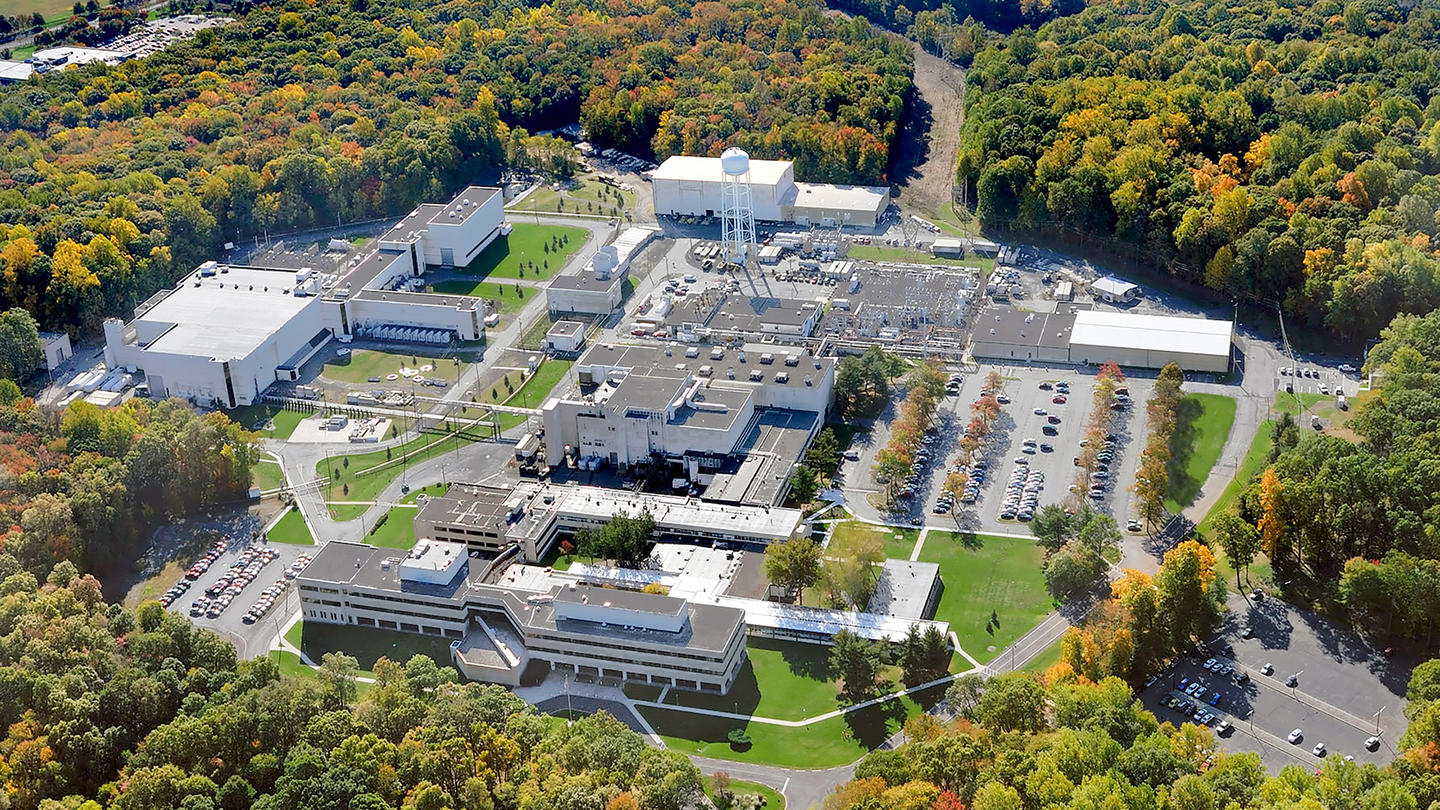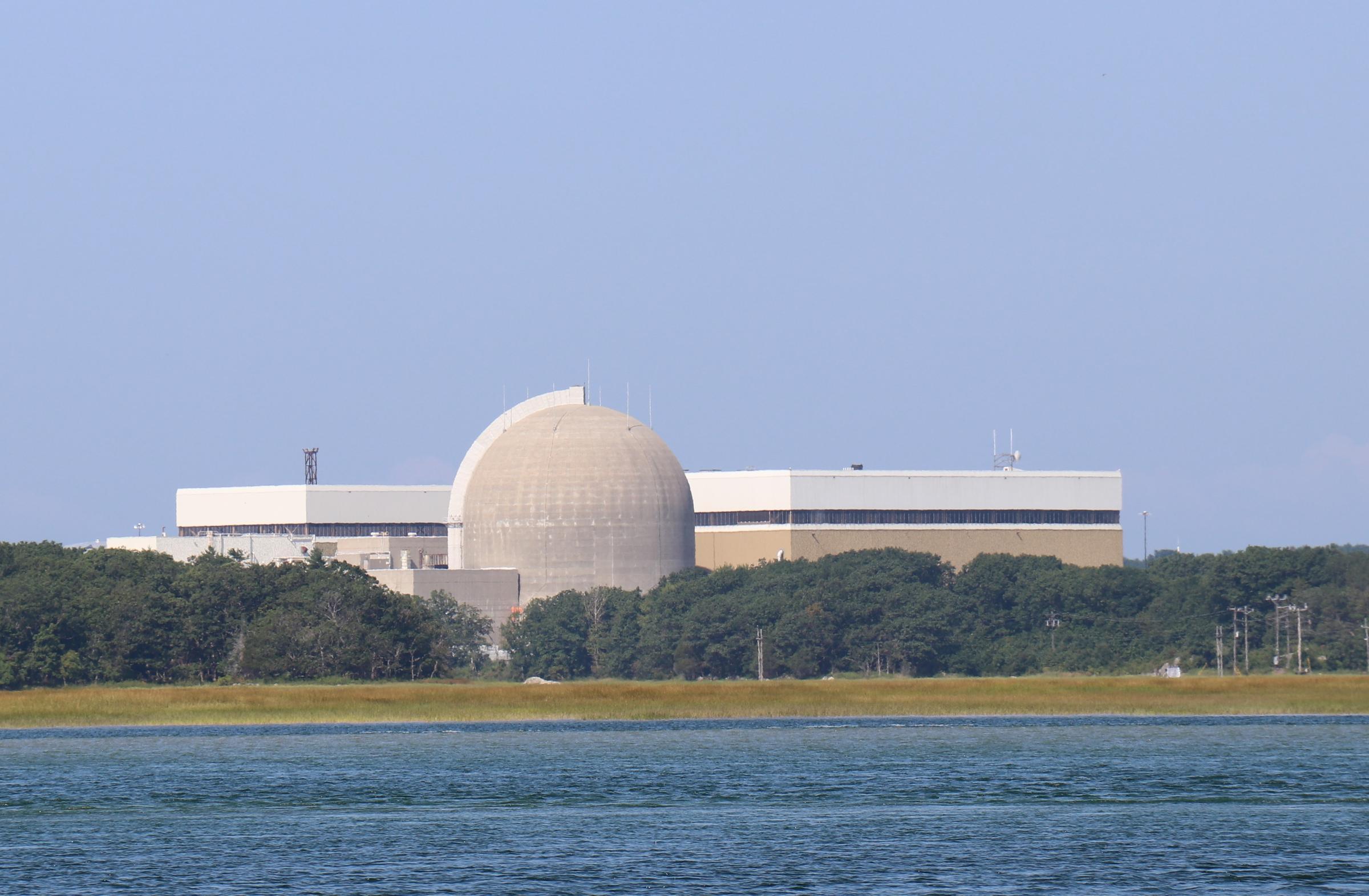
As the global call for sustainable energy solutions intensifies, Xcel Energy-Colorado stands at a pivotal juncture with its ambitious $15 billion clean energy plan. This comprehensive proposal, currently under consideration by the Colorado Public Utilities Commission (PUC), could significantly shape the state’s trajectory in reducing greenhouse gas emissions, expanding renewable energy capacity, and ensuring electricity affordability. However, the plan faces a spectrum of opinions, sparking discussions on the economic implications, environmental impacts, and community considerations.
Xcel Energy-Colorado’s Clean Energy Vision
At the heart of Xcel Energy-Colorado’s proposal is the commitment to reduce emissions by at least 80% by 2030, aligning with the state’s mandate for a cleaner energy future. The utility’s plan revolves around the addition of 6,500 megawatts of renewable energy resources and battery storage, a move that has garnered praise from environmental advocates, industry experts, and even competitors.
Mike Kruger, President and CEO of the Colorado Solar and Storage Association, commended Xcel’s initiative, emphasizing the potential for a resilient, stable, and predominantly renewable grid. Gwen Farnsworth, Deputy Director of State Advocacy with Western Resource Advocates, applauded the utility’s goal of an 87% reduction in emissions by 2030 and generating 83% of its power from clean sources by 2028. Additionally, Xcel intends to leverage $10 billion in federal tax credits, signaling a commitment to financial responsibility in their clean energy transition.
The Diverging Perspectives
However, Xcel Energy faces formidable challenges from critics who raise concerns about the potential long-term impact on customers’ costs and the environmental repercussions of certain elements in the plan.
Opponents argue that Xcel’s strategy to predominantly own the new power generation infrastructure might lead to increased costs for consumers, as infrastructure expenses could be added to rates. Critics fear that new natural gas plants, a part of Xcel’s proposed solution, could become financial burdens akin to the challenges faced by coal plants as renewable technologies advance.
Environmental Impact and Community Resistance
Residents of Eastern Plains, where new transmission lines are proposed, voice their concerns about the potential negative impact on local landscapes and lifestyles. Kerry Jiblits and other Elbert County residents are urging Xcel to reconsider the transmission lines’ route, advocating for an eastern path with fewer residents.
Robert Kenney, President of Xcel Energy-Colorado, acknowledges these concerns and emphasizes ongoing efforts to collaborate with communities to find mutually agreeable solutions. However, community members argue that earlier engagement with the public could have facilitated a smoother process.
Balancing Natural Gas and Renewables
Xcel Energy’s inclusion of new natural gas plants in its clean energy plan has sparked debates about the necessity and potential risks associated with these facilities. While Xcel argues that these plants are essential for providing dispatchable energy when renewables are insufficient, critics fear they may become stranded assets—costly investments closed earlier than planned due to advancements in renewable technologies.
KK DuVivier, an expert on national resources and energy law, questions the logic of retiring some gas-fired units while simultaneously building new ones. Concerns are raised about repeating mistakes made with stranded coal plants and the potential financial burden on ratepayers.
Navigating Future Challenges
Despite the challenges and differing opinions surrounding Xcel Energy-Colorado’s clean energy plan, the utility remains optimistic about the benefits it brings to Colorado. The plan, outlined in a 184-page document, underscores Xcel’s commitment to a carbon-free future by 2050, emphasizing the benefits of increased renewables, additional transmission infrastructure, and the ability to use available tax credits for the benefit of customers.
As the Colorado Public Utilities Commission deliberates on Xcel Energy-Colorado’s $15 billion clean energy plan, the state stands at a critical juncture in defining its energy future. The proposal, with its ambitious renewable energy goals and potential economic benefits, serves as a testament to the complex challenges inherent in balancing environmental responsibility, community interests, and energy affordability. The final decision by the PUC will undoubtedly influence not only the trajectory of Xcel Energy-Colorado but also the broader narrative of sustainable energy transitions in the United States.
Source: The Denver Post – Colorado







